Hamburg and St Pauli in Germany's tale of one city
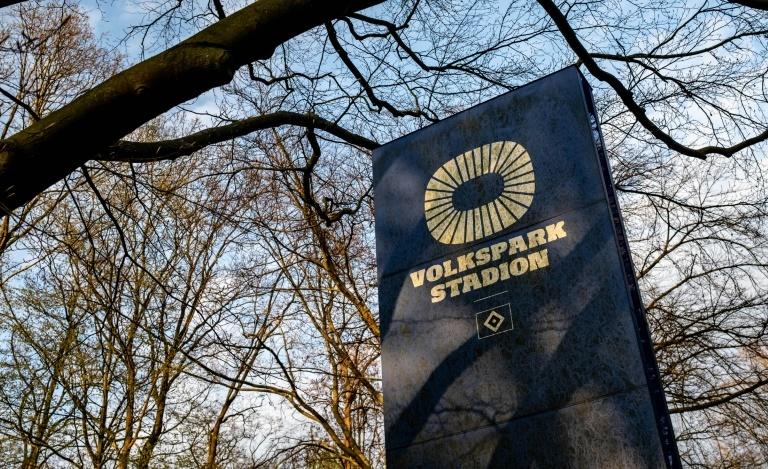
When St Pauli take the pitch at Hamburg's Volksparkstadion on Friday, more than just city bragging rights are at stake, with both fighting for promotion to the German top flight.
1 year ago
For third-placed Hamburg, former European champions, promotion would see them finally go back up after their catastrophic first-ever relegation from the Bundesliga in 2018.
For fifth-placed St Pauli, beating Hamburg would make a possible return to the top flight for the first time since 2011 even sweeter. But while the sometimes bitter rivalry can boil over, it also binds the city together.
Six-time German league champions Hamburg are among the country's football royalty. Never previously relegated, Hamburg's Volksparkstadion had a clock counting every second in the top division, a feature made to look silly when the club finally went down five years ago.
Their opponents on Friday embody the spirit of Hamburg's gritty St Pauli district which gives them their name. The nightlife precinct is home to the famed Reeperbahn and the place where The Beatles' John Lennon said he "grew up".
The club is known for left-wing activism, a punk subculture and their skull-and-crossbones flag. St Pauli captain Jackson Irvine was aware of the club's reputation and what the derby means to the city before joining in 2021.
"My girlfriend, when I was leaving Hibs (Hibernian), came to me and said 'What's that cool punk club that everyone likes?', and I was like 'Oh, St Pauli'," the Australia captain told 'AFP'.
"You can win 10 games in a row, break all the records in the world, but all anybody cares about is the derby... to be kings of the city, even just for that weekend."
St Pauli coach Fabian Huerzeler told 'AFP' his side would try and harness the emotion of the derby: "Emotion is very important, especially in this game because it can give you energy and it gives you also a feeling of togetherness. If they get too emotional or if they get too angry, (then) they can't think clearly."
While Hamburg are favourites, St Pauli won 10 straight matches after Huerzeler took over in December. Irvine describes St Pauli's turnaround as a "perfect storm", with renewed "energy and intensity" under Huerzeler.
Huerzeler said: "I tried to give them back their belief. I said to them, we need believers and we don't need any doubt."
Student Vincent Mueller, an HSV season ticket holder, told AFP: "If you walk into university, there's a lot of St Pauli fans, they'll let you know you lost the derby. "But if you win, you can walk in proud."
Bridging the derby divide are lifelong friends Justus von Engelhardt, 49, and Ansgar Vaut, 50, who host 'Freibeuter und Pfeffersack', the only joint HSV-and-St Pauli podcast.
"We often had very long conversations about football, so we thought, why not do a podcast too?" says Hamburg fan Vaut.
Both became fans of either team after attending with their fathers, an experience St Pauli fan Von Engelhardt remembers vividly.
"It was March 1989, I remember every second of it... We squeezed in front of the fans. It was a wild mob of punks, you could smell weed being smoked, and hear this very raw, very wild crowd behind me. I was instantly hooked."
Vaut says losing to St Pauli in the second division "really bloody hurts".
"(First division) is where we belong. If we don't manage to do it now, it will become more difficult. We might get stuck in the second league forever."
Von Engelhardt wants St Pauli in the top division to "show my kids that if you try hard enough and you have heart, you can get rewarded", but reveals some fans would prefer to stay put rather than risk "becoming more successful in a commercial way". Despite the rivalry, Vaut and Von Engelhardt's "connection through Hamburg" is not unique.
Genevieve Fave, 65, is a social worker with the HSV Fan Project, a supporter-led initiative to "reduce violence and extremism" created in 1983 after the death of an opposition fan.
Fave told 'AFP' the project works with their St Pauli Fan Laden counterparts under the mantra "separate in the colours, but together for causes".
"For us, it's important that the rivalry stays on the field... We say again and again: they don't need to like each other, but it must not boil over into violence."
For fifth-placed St Pauli, beating Hamburg would make a possible return to the top flight for the first time since 2011 even sweeter. But while the sometimes bitter rivalry can boil over, it also binds the city together.
Six-time German league champions Hamburg are among the country's football royalty. Never previously relegated, Hamburg's Volksparkstadion had a clock counting every second in the top division, a feature made to look silly when the club finally went down five years ago.
Their opponents on Friday embody the spirit of Hamburg's gritty St Pauli district which gives them their name. The nightlife precinct is home to the famed Reeperbahn and the place where The Beatles' John Lennon said he "grew up".
The club is known for left-wing activism, a punk subculture and their skull-and-crossbones flag. St Pauli captain Jackson Irvine was aware of the club's reputation and what the derby means to the city before joining in 2021.
"My girlfriend, when I was leaving Hibs (Hibernian), came to me and said 'What's that cool punk club that everyone likes?', and I was like 'Oh, St Pauli'," the Australia captain told 'AFP'.
"You can win 10 games in a row, break all the records in the world, but all anybody cares about is the derby... to be kings of the city, even just for that weekend."
St Pauli coach Fabian Huerzeler told 'AFP' his side would try and harness the emotion of the derby: "Emotion is very important, especially in this game because it can give you energy and it gives you also a feeling of togetherness. If they get too emotional or if they get too angry, (then) they can't think clearly."
While Hamburg are favourites, St Pauli won 10 straight matches after Huerzeler took over in December. Irvine describes St Pauli's turnaround as a "perfect storm", with renewed "energy and intensity" under Huerzeler.
Huerzeler said: "I tried to give them back their belief. I said to them, we need believers and we don't need any doubt."
Student Vincent Mueller, an HSV season ticket holder, told AFP: "If you walk into university, there's a lot of St Pauli fans, they'll let you know you lost the derby. "But if you win, you can walk in proud."
Bridging the derby divide are lifelong friends Justus von Engelhardt, 49, and Ansgar Vaut, 50, who host 'Freibeuter und Pfeffersack', the only joint HSV-and-St Pauli podcast.
"We often had very long conversations about football, so we thought, why not do a podcast too?" says Hamburg fan Vaut.
Both became fans of either team after attending with their fathers, an experience St Pauli fan Von Engelhardt remembers vividly.
"It was March 1989, I remember every second of it... We squeezed in front of the fans. It was a wild mob of punks, you could smell weed being smoked, and hear this very raw, very wild crowd behind me. I was instantly hooked."
Vaut says losing to St Pauli in the second division "really bloody hurts".
"(First division) is where we belong. If we don't manage to do it now, it will become more difficult. We might get stuck in the second league forever."
Von Engelhardt wants St Pauli in the top division to "show my kids that if you try hard enough and you have heart, you can get rewarded", but reveals some fans would prefer to stay put rather than risk "becoming more successful in a commercial way". Despite the rivalry, Vaut and Von Engelhardt's "connection through Hamburg" is not unique.
Genevieve Fave, 65, is a social worker with the HSV Fan Project, a supporter-led initiative to "reduce violence and extremism" created in 1983 after the death of an opposition fan.
Fave told 'AFP' the project works with their St Pauli Fan Laden counterparts under the mantra "separate in the colours, but together for causes".
"For us, it's important that the rivalry stays on the field... We say again and again: they don't need to like each other, but it must not boil over into violence."

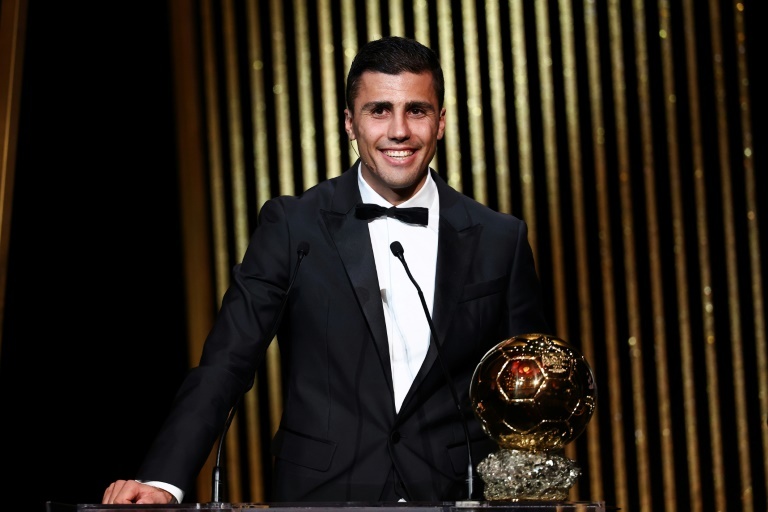
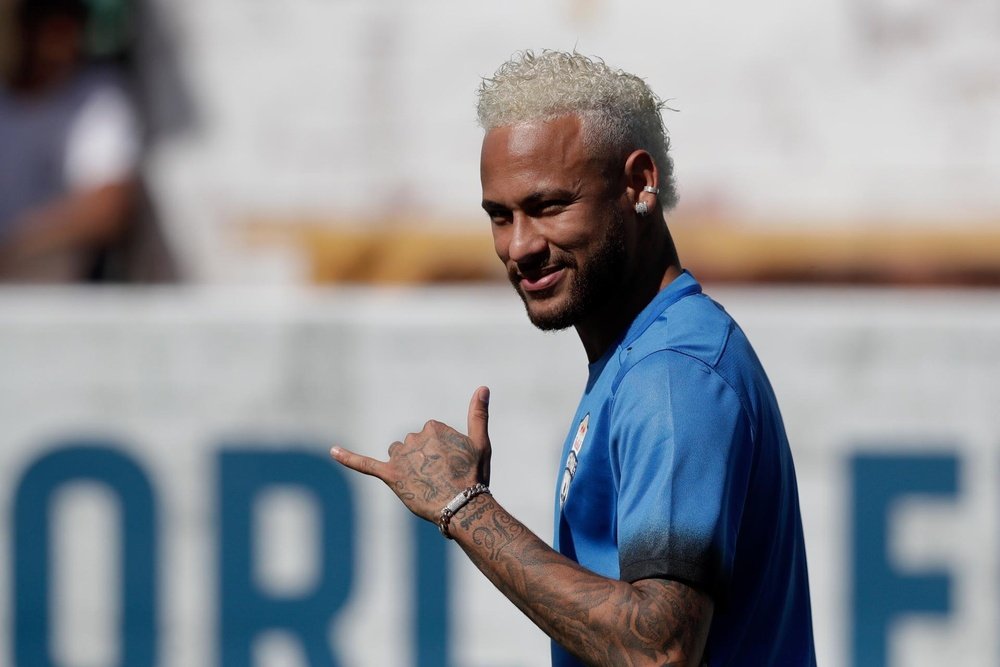
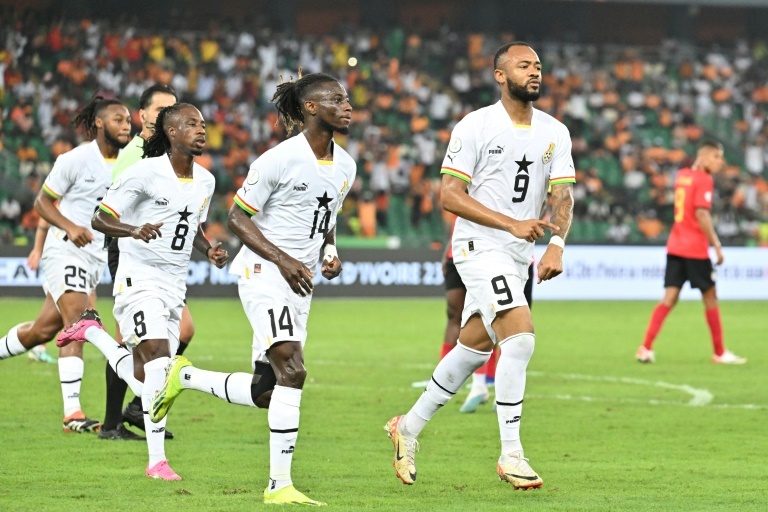
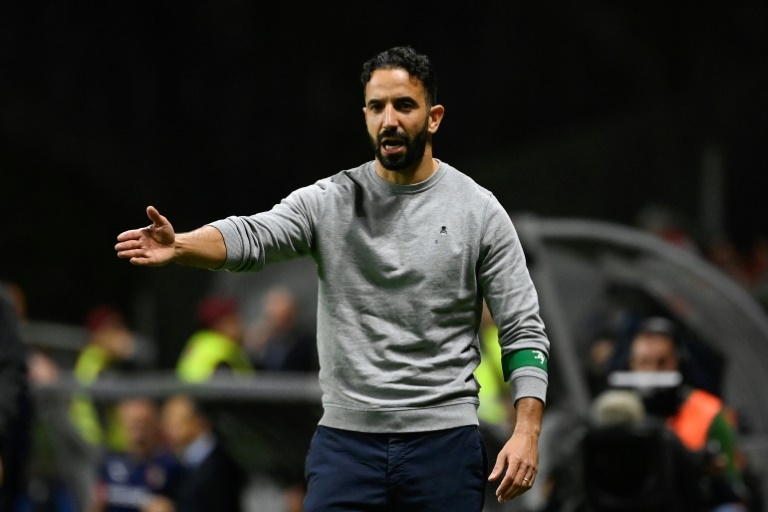
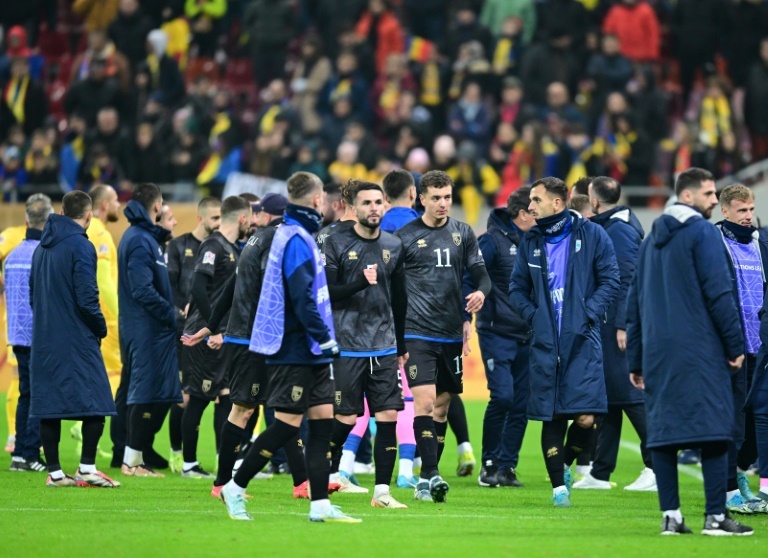
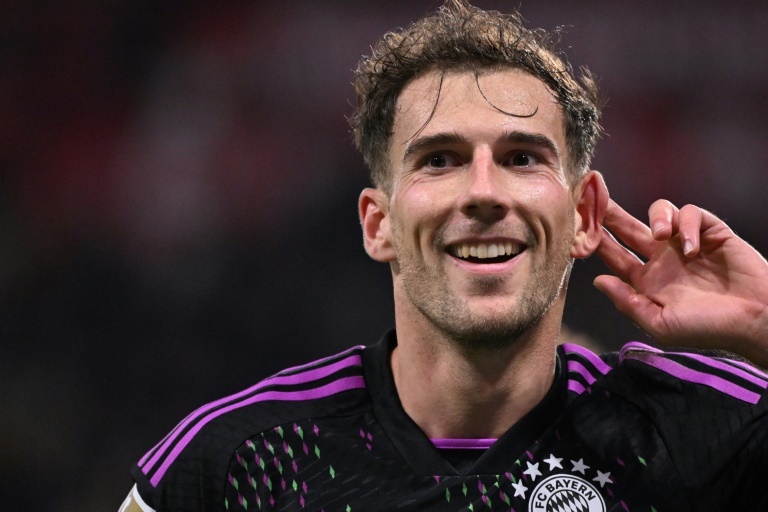
Comments